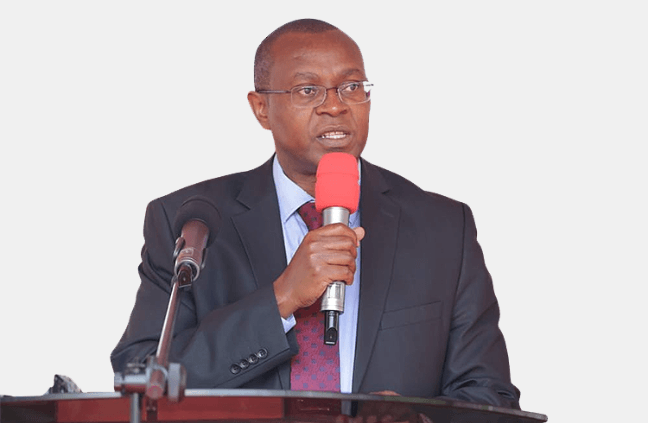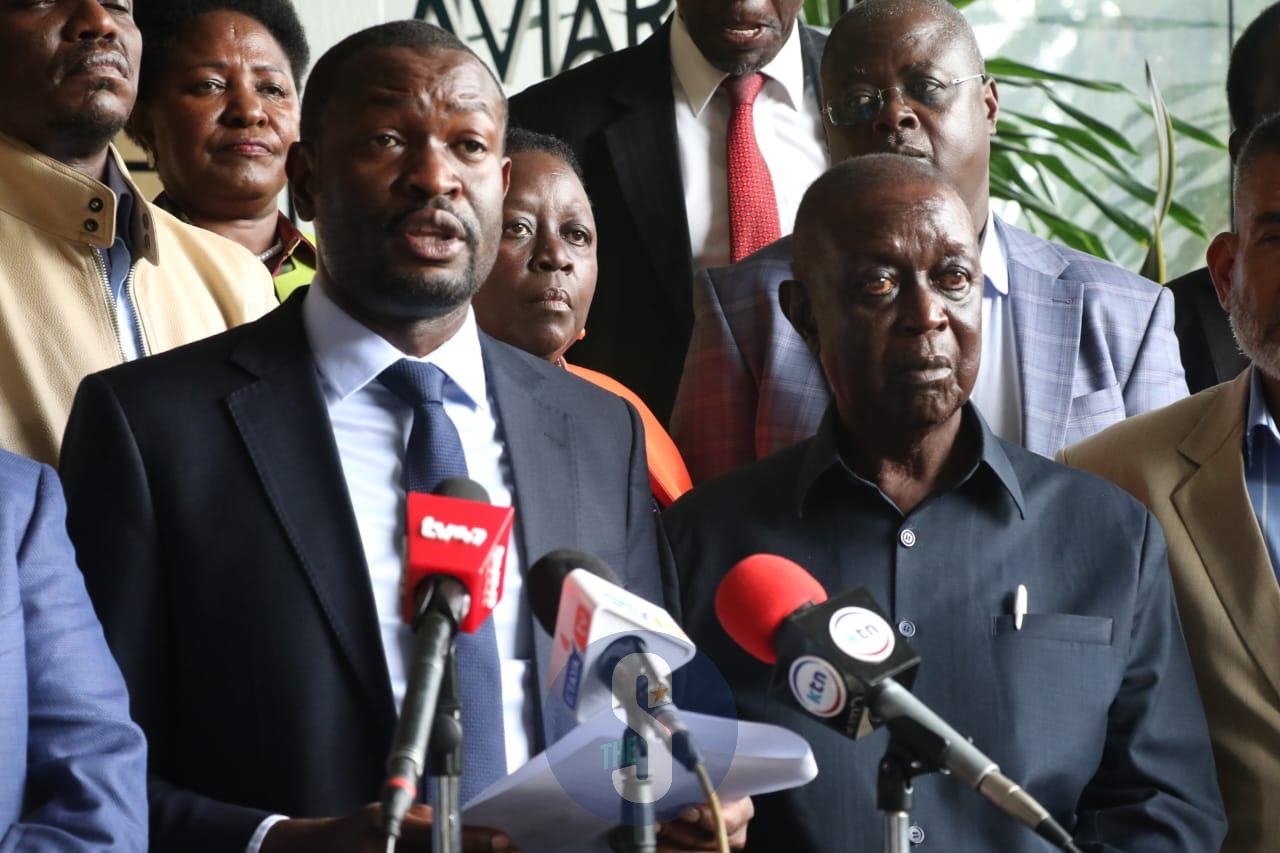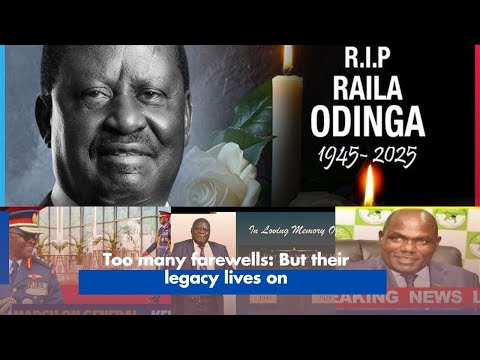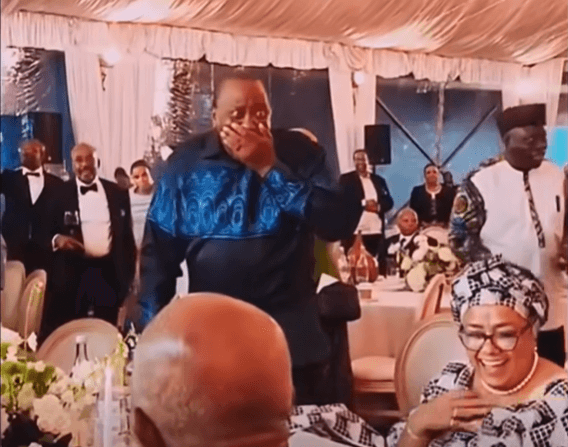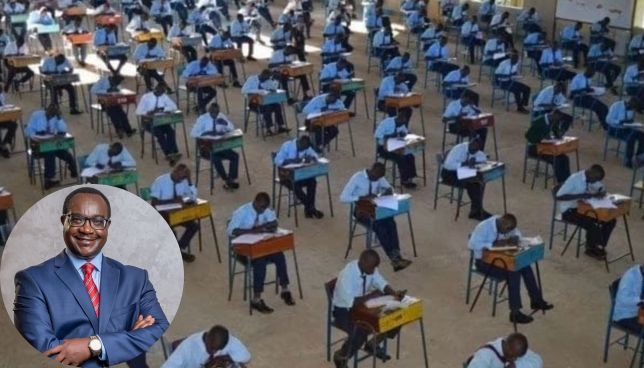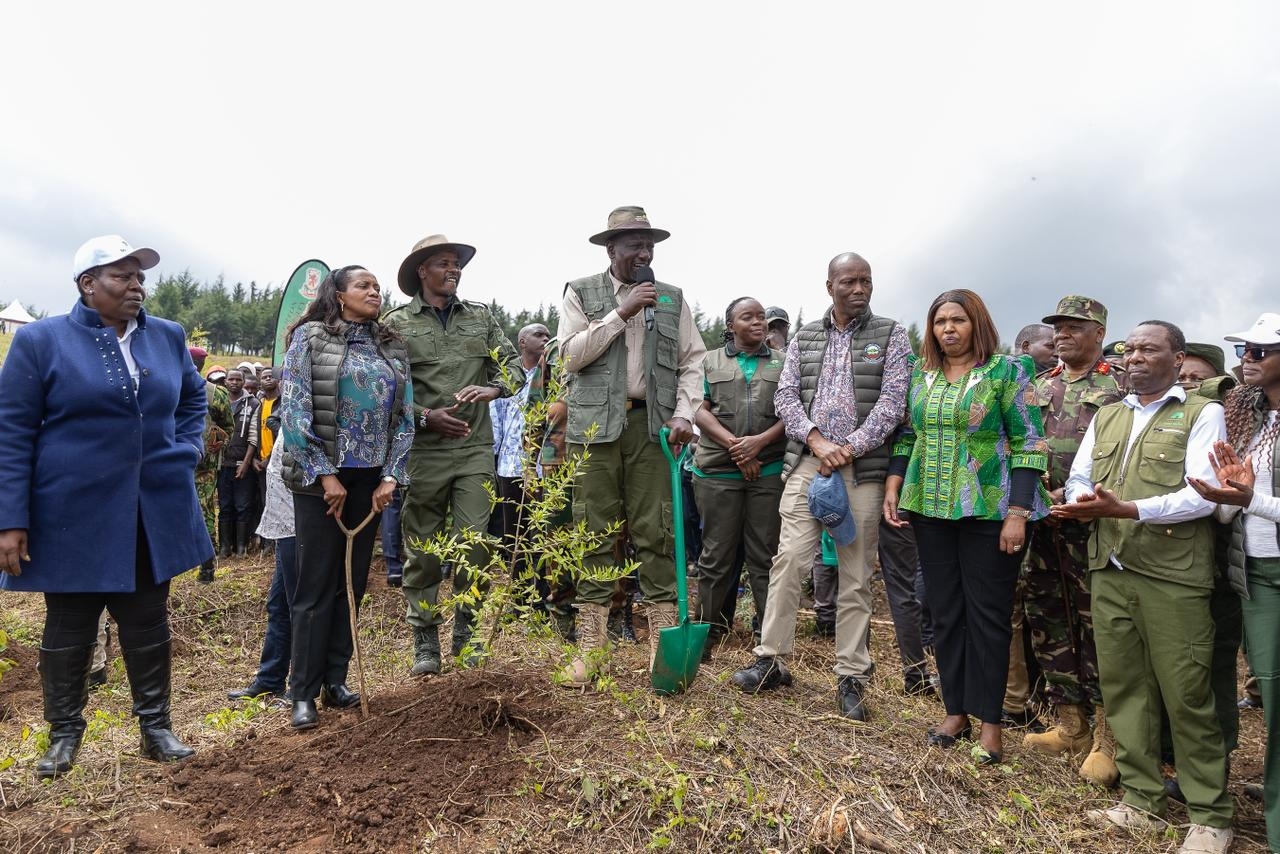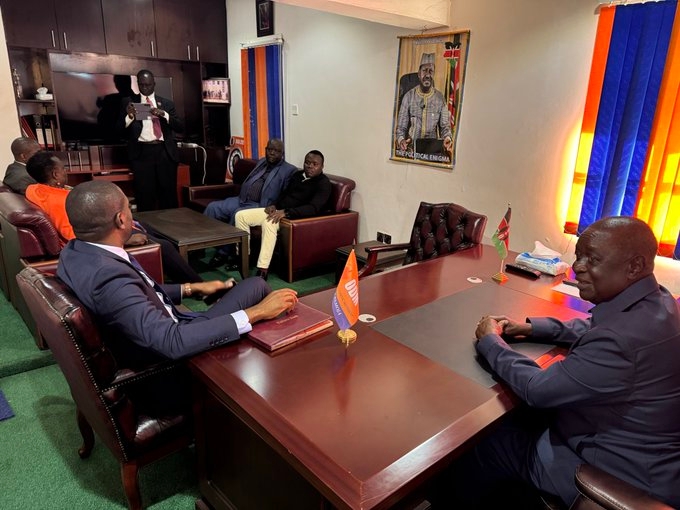As the world celebrated Teachers’ Day, a visually impaired teacher at Kariguini Primary School in Kandara went about his day doing what he does best, impart knowledge.
Simon Njenga Mwaura was born blind but had a calling to be a teacher. He was deployed to the school in 2011, immediately after completing his studies.
For Njenga, the journey has not been easy. At the school, parents and pupils had a hard time adjusting to the new blind teacher as they had never seen one before, but with time they embraced him.
“Seeing as I was born blind, I have faced many challenges but I have to work and I have found ways of working around my challenges,” he said.
Njenga is the Standard 7B class teacher which has 36 pupils, and he knows them all by their names, voices and sitting positions.
He is able to single out who is making contribution in a lesson and who is making noise. He has been with the class since the beginning of the year.
Despite his handicap, Njenga is among the top performing teachers in the school with his Swahili and CRE subjects topping in the examinations.
This is despite the fact that he lacks braille materials to help him teach.
Njenga has an assistive teacher deployed to the school by the Teachers Service Commission to help him in activities that require sight.
The teacher, Esther Nyambura, accompanies Njenga to all his teaching sessions, helping him by writing text on the blackboard, marking homework and examinations, organising his lesson plans and ensuring the classroom is kept hygienic and well organised.
In 2021’s KCPE exam, his Swahili pupils scored a mean grade of 53.6 marks while the other class scored 50 points.
“God has blessed me with the ability to be good in my teaching but I want to thank the school’s administration because it has really supported me.”
“When I face challenges, I talk to them and they support me. The head teacher, the deputy and my colleagues are all very good to me,” he said.
Njenga was deployed to a regular school as part of a government’s programme to integrate special needs teachers within the community.
If someone with special needs only interacts with others with special needs, they would have issues meshing with the community, he said.
Njenga has learnt the school environment and is able to get by with some little help. But when it rains, the school’s compound that is uneven becomes slippery, making it difficult for him to get from one point to another.
If only the school’s compound would be gravelled, he said, it would make it easier for both the pupils and him.
In class, the teacher is able to tell a particular page, much to the surprise of journalists.
But after teaching for more than a decade, Njenga said he has mastered the syllabus which has made it easier for him to teach.
“I face the challenge of lack of teaching materials but I know the government is probably waiting for braille books to be published. My job gives me encouragement that I can live a normal life. It pleases me when my pupils excel,” he said.
When pupils engage in indiscipline, they are punished by being forced to clean their classroom. Njenga is however quick to point out that majority of his students are disciplined and listen to him.
In his home, he makes his own meals and does household chores. Sometimes he accompanies his pupils as they go home and sometimes, takes a boda boda.
“I know the way from home to work and can also walk alone,” he said.
Nyambura, the assistive teacher, said her relationship with Njenga is easy as each knows their roles.
She said Njenga is a perfect teacher and that his only challenge is visual impairment.
The school’s head teacher Samuel Kaumbuthu said one only gets to know that Njenga is blind when they interact with him but that he performs much better than other teachers.
The school has 18 teachers, he said, but Njenga’s classes lead in discipline, hygiene and performance, especially in his two subjects.
“He is a teacher that I value. All year through, he gets to school before 7am and goes to class. He is dedicated,” he said.
(edited by Amol Awuor)



